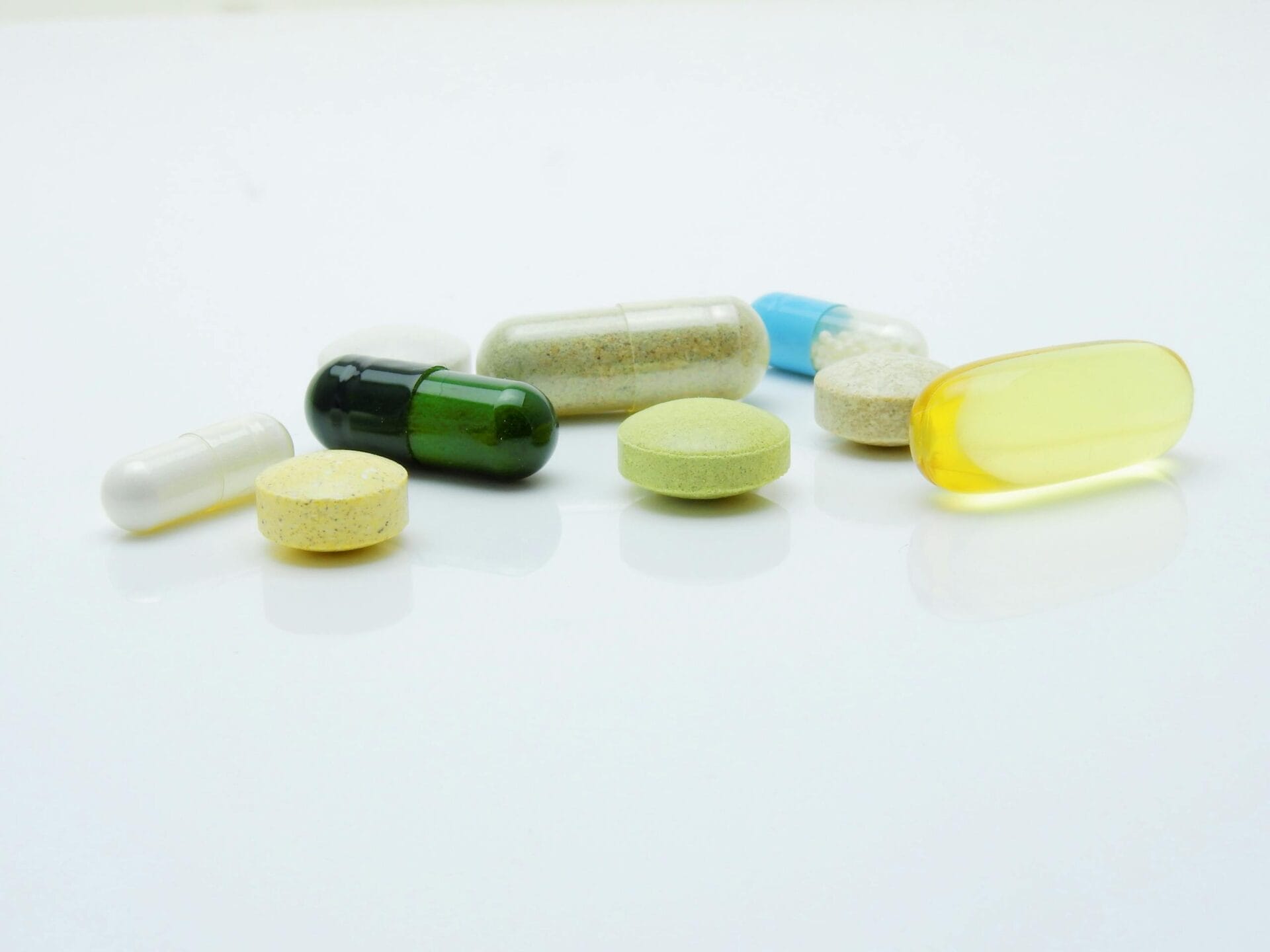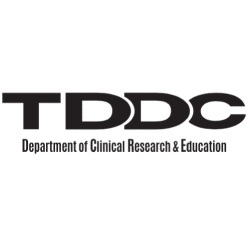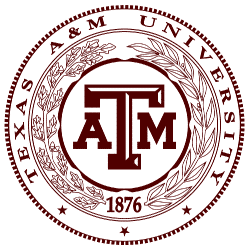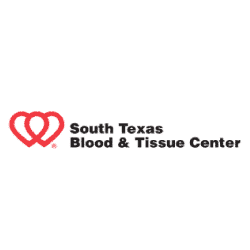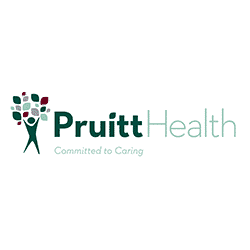Effective Medical Waste Disposal Solutions for Retail Pharmacies
Managing medical waste disposal in retail pharmacies is essential for ensuring safety, regulatory compliance, and environmental protection. Pharmacies handle various medical waste, from sharps to expired medications, all of which require proper disposal methods.
By following the proper procedures, pharmacies can avoid liability risks while focusing on serving customers. Below are essential strategies for the safe disposal of retail pharmacy waste.
Sharps Waste Disposal
Sharps waste is one of the most hazardous types of medical waste in pharmacies. Items like needles, syringes, and lancets can cause injuries and lead to infections. Proper disposal of sharps is critical for protecting both staff and patients.
To safely manage sharps waste, follow these steps:
- Use puncture-resistant containers: Always dispose of sharps in puncture-resistant, leak-proof containers. These should be readily accessible in areas where sharps are used, such as injection stations.
- Seal containers when full: Once a container is full, shut it securely and arrange for disposal. This reduces the risk of injury and keeps the area safe.
- Staff training: Train all your staff in proper sharps disposal practices. This minimizes mistakes and enhances safety.
Expired Medications Disposal
Expired medications are common in pharmacies. They require special disposal methods to avoid misuse and environmental contamination. Improper disposal of expired medicines, such as flushing or throwing them in the trash, can cause pollution and pose a health risk.
To safely dispose of expired medications:
- Designate a collection area: Set up a secure and clearly labeled area for expired medications to ensure they are stored safely until proper disposal.
- Partner with a certified disposal service: Work with a certified provider specializing in pharmaceutical waste disposal. By doing so, you ensure all medications are disposed of in compliance with regulations.
- Encourage drug take-back programs: Participate in local drug take-back programs. These programs allow customers to dispose of expired or unused medications safely. It promotes responsible disposal and reduces the risk of misuse.
Proper disposal of expired medications helps you safeguard the environment and ensures medicines are not used improperly.
Biohazardous Waste Management
Although pharmacies typically don’t deal with biohazardous waste as frequently as hospitals, there are situations where waste, such as blood-contaminated items or used medical supplies, may need to be managed. This type of waste requires careful handling to prevent exposure to harmful pathogens.
To safely manage biohazardous waste:
- Use biohazard bags: Place biohazard waste in clearly labeled, leak-proof biohazard bags. Securely seal these bags to prevent contamination.
- Proper storage: Store biohazardous waste in secure areas and ensure they’re transported according to local regulations for proper disposal.
- Personal protective equipment (PPE): Ensure staff use appropriate PPE, such as gloves and gowns, when handling biohazardous materials.
Safe handling of biohazardous waste protects both staff and patients from potential infections.
Ensuring Compliance and Reducing Liability Risks
Failure to comply with hospital waste disposal regulations can result in severe penalties, legal consequences, and reputational damage. Pharmacies must adhere to federal and state laws to ensure proper waste disposal.
Here’s how to ensure compliance:
- Stay informed about regulations: Medical waste regulations are constantly changing. Staying updated about new laws helps ensure your pharmacy complies with federal and state guidelines.
- Document all waste disposal activities: Maintain detailed records of waste disposal, including the types of waste, amounts, and disposal methods. This documentation is vital for audits and inspections.
- Work with licensed waste disposal providers: Partnering with a certified waste disposal company ensures your pharmacy stays compliant with regulations and reduces the risk of penalties.
Improving Operational Efficiency
Effective waste management also enhances your pharmacy’s operational efficiency. Streamlining the waste disposal process reduces the time spent handling waste and ensures compliance with less effort.
Here’s how to improve efficiency:
- Schedule regular pickups: Work with a reliable medical waste disposal provider who offers scheduled pickups based on your pharmacy’s needs. Timely pickups prevent waste from accumulating and reduce safety hazards.
- Train your staff regularly: Ongoing training ensures that all employees understand the latest best practices for waste management and compliance.
- Track waste generation: Regularly monitor the types and quantities of waste your pharmacy generates. This helps you identify areas where you can reduce waste and improve your disposal practices.
Optimizing waste management processes helps reduce costs. Efficient medical waste management in retail pharmacies is also essential for maintaining a safe and environmentally friendly environment. By implementing these practices, your pharmacy can stay compliant, reduce liability risks, and continue serving customers safely and responsibly.
For more information on hospital waste disposal practices, contact Medsharps.

